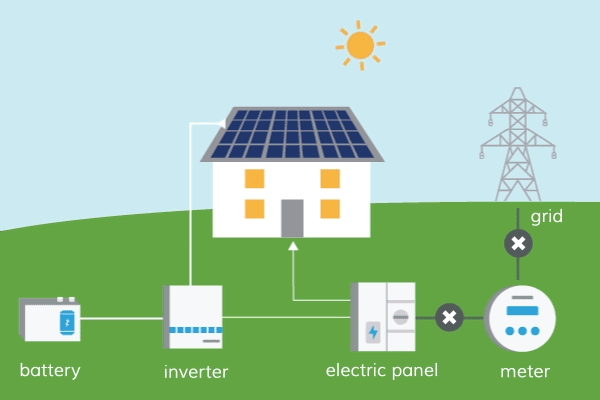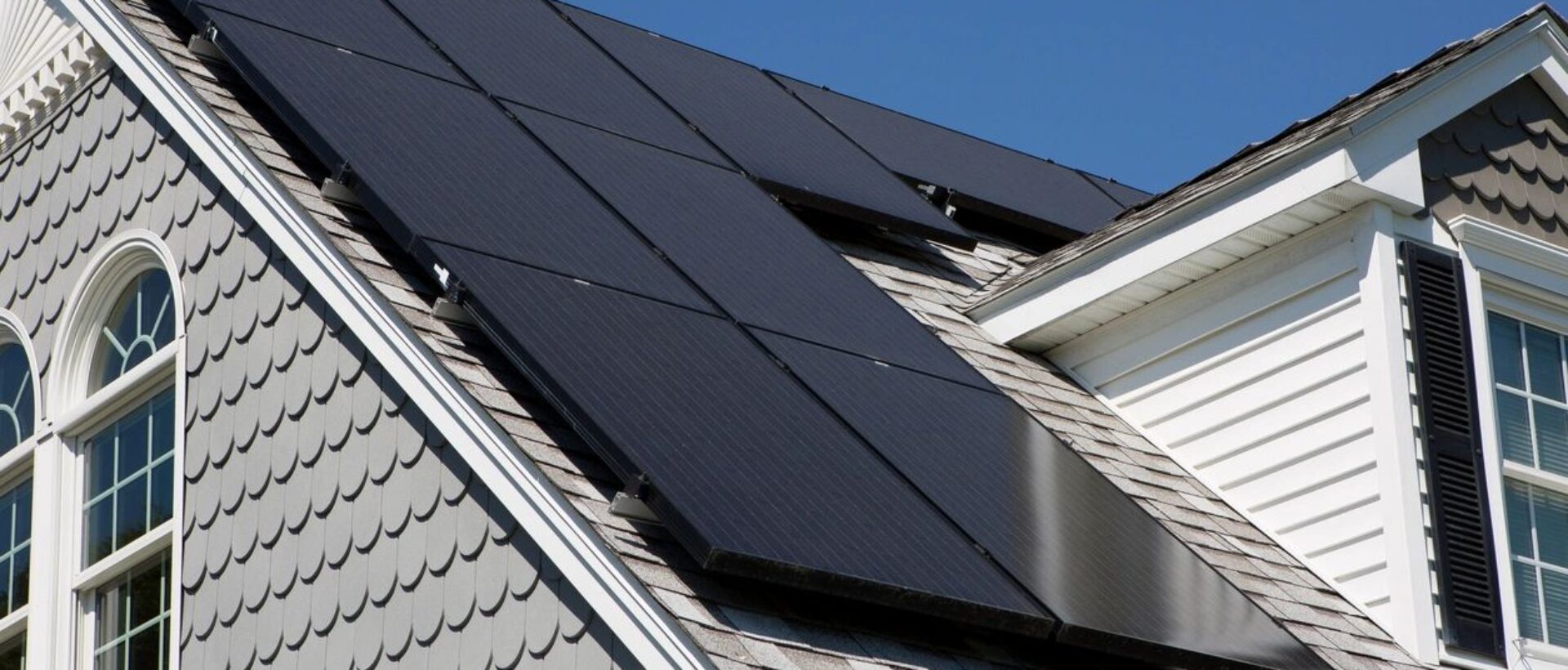Understanding Your Solar System
Just get solar installed? Have a small bill the following month? This is nothing to worry about, it happens. We know your solar consultation was 30 to 60 days ago and the plethora of information was hard to contain in our brains. Here is a look into everything you need to know about how your solar system will work now that you are operational and attached to the grid.
What is Net Metering?
Net metering is a solar incentive that allows you to store energy in the electric grid. Your home is connected to your local utility company to provide storage for your excess produced electricity. Then, at night or during low production the utility company will provide you the energy you need. This process works on a credit system. Net metering is different for each utility company, please follow up with your solar consultant or our home office for more information. This is a key component to understanding how your entire system works.

How Does your Solar System Work?
We design solar systems that produce enough electricity to match your home’s electricity use for the entire year. However, the amount of electricity your solar panels produce will vary throughout the year. Net metering helps you account for these differences by crediting you for the excess electricity your panels produce for later use.
In general, most homes will produce excess electricity in the summer months and will use more electricity from the grid in the winter. With the credit system your utility company will not send you a monthly check for excess production. Instead, you will build up the credits throughout the year and use them as needed. With our designs, you can generate enough power to match your total electricity use for the year.
Just like your permits, we apply for your individual net metering programs and have them accepted before we install the system. As soon as your system is turned on you will be generating both electricity and credits.
Thanks to net metering, homeowners are credited for the energy that their solar panels generate at the same rate that they would pay to their utility. As a result, you can save tens of thousands of dollars on electricity costs over the lifetime of your solar energy system.
How to get the most out of your Solar System?
Your newly installed solar system will hit peak production in the afternoon when your home is getting the most sun. Those on a traditional work schedule will not be using much electricity at this time. By contrast, our homeowners typically use more electricity in the mornings and evenings. Net metering helps you to account for these ups and downs in your day-to-day electricity production and usage.
Here are 5 tips on how to get the most out of your system:
- Adjust Your Day-to-Day Behaviors
Some simple switches to your daily activities can save you a lot in energy. This does not mean you need to go out and by expensive energy efficient products. This can be anything from turning off devices you are not using, unplugging appliances and doing your laundry during the day.
- Switch to LED
Traditional lighting using an excess amount of electricity. Halogen incandescent bulbs, compact fluorescent lights (CFLs), and light-emitting diode bulbs (LEDs) use anywhere from 25-80% less electricity and last three to 25 times longer than traditional bulbs.
- Use Smart Power Strips
The electricity used by electronics when they are turned off or in standby mode, is a major source of energy waste. In fact, it is estimated that 75% of the energy used to power household electronics is consumed when they are switched off, which can cost you up to $200 per year. Smart power strips eliminate the problem by shutting off the power to electronics when they are not in use.
- Install a Smart Thermostat
Smart thermostats can be set to automatically turn off or reduce heating and cooling during the times when you are asleep or away.
- Purchase Energy Efficient Appliances/Devices
This is a costly way to save energy, but the overall impact is well worth it with operating cost being 9%-25% less than traditional appliances. Pool heaters, Pool pumps, water heaters and especially HVAC have energy efficient systems that can save you hundreds of dollars.
In conclusion, you might be receiving small utilities bills in the beginning. Your system is still producing energy and the right amount, your system has not had time to build up the necessary credits for the entire year. This is a process, but the rewards and savings in the end will be worth it!

